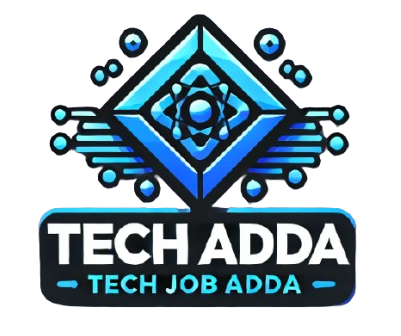Physical Address
304 North Cardinal St.
Dorchester Center, MA 02124
Table of Contents
ToggleWhat is the difference between technical and non-technical jobs?
Technical jobs require specialized skills and knowledge in fields like IT, engineering, or programming, while non-technical jobs focus on areas like administration, HR, sales, or customer service that do not require technical expertise.
What qualifications are required for a technical job?
Most technical jobs require a degree or certification in a relevant field, such as computer science, engineering, or IT, along with specific technical skills like coding, troubleshooting, or software development.
What skills are essential for non-technical roles?
Non-technical roles typically require strong communication, organizational, problem-solving, and interpersonal skills. Additional skills may depend on the specific role, such as marketing or project management.
Are there remote opportunities available for both types of jobs?
Yes, many companies offer remote positions for both technical (e.g., software development, IT support) and non-technical (e.g., content writing, virtual assistance) roles.
What programming languages are most in demand?
Popular programming languages include Python, JavaScript, Java, C++, and SQL, but the demand may vary depending on the industry and specific role.
What certifications can boost my chances of landing a technical job?
Certifications like AWS, Microsoft Azure, Cisco CCNA, CompTIA, and Google Cloud are valuable for IT roles. For software development, certifications in Python, Java, or web development frameworks can be advantageous.
Do I need prior experience for an entry-level technical role?
While experience is preferred, many companies hire entry-level candidates with strong foundational skills, relevant coursework, or internship experience.
What industries hire for non-technical roles?
Non-technical roles are available in industries like marketing, finance, healthcare, customer service, education, and human resources.
How can I showcase my soft skills in a non-technical job interview?
Use specific examples from past experiences to demonstrate your communication, teamwork, problem-solving, and adaptability skills.
Are there certifications for non-technical roles?
Yes, certifications in areas like digital marketing (Google, HubSpot), project management (PMP, Scrum), or financial analysis (CFA) can improve your employability.
How can I tailor my resume for a technical job?
Highlight your technical skills, certifications, relevant projects, and hands-on experience. Use industry-specific keywords to match the job description.
What should I include in a non-technical job resume?
Focus on your soft skills, achievements, relevant experience, and any training or certifications. Customize your resume to align with the job requirements.
What types of questions are asked in a technical job interview?
Expect questions about your technical skills, problem-solving abilities, and knowledge of specific tools or languages. You may also be given coding challenges or system design tasks.
How can I prepare for a non-technical job interview?
Research the company, understand the role, and prepare to discuss your experiences, skills, and how they align with the job. Practice common behavioral interview questions.
What if I don’t meet all the job requirements?
Apply anyway if you meet most requirements. Highlight your willingness to learn and transferable skills that make you a strong candidate.
